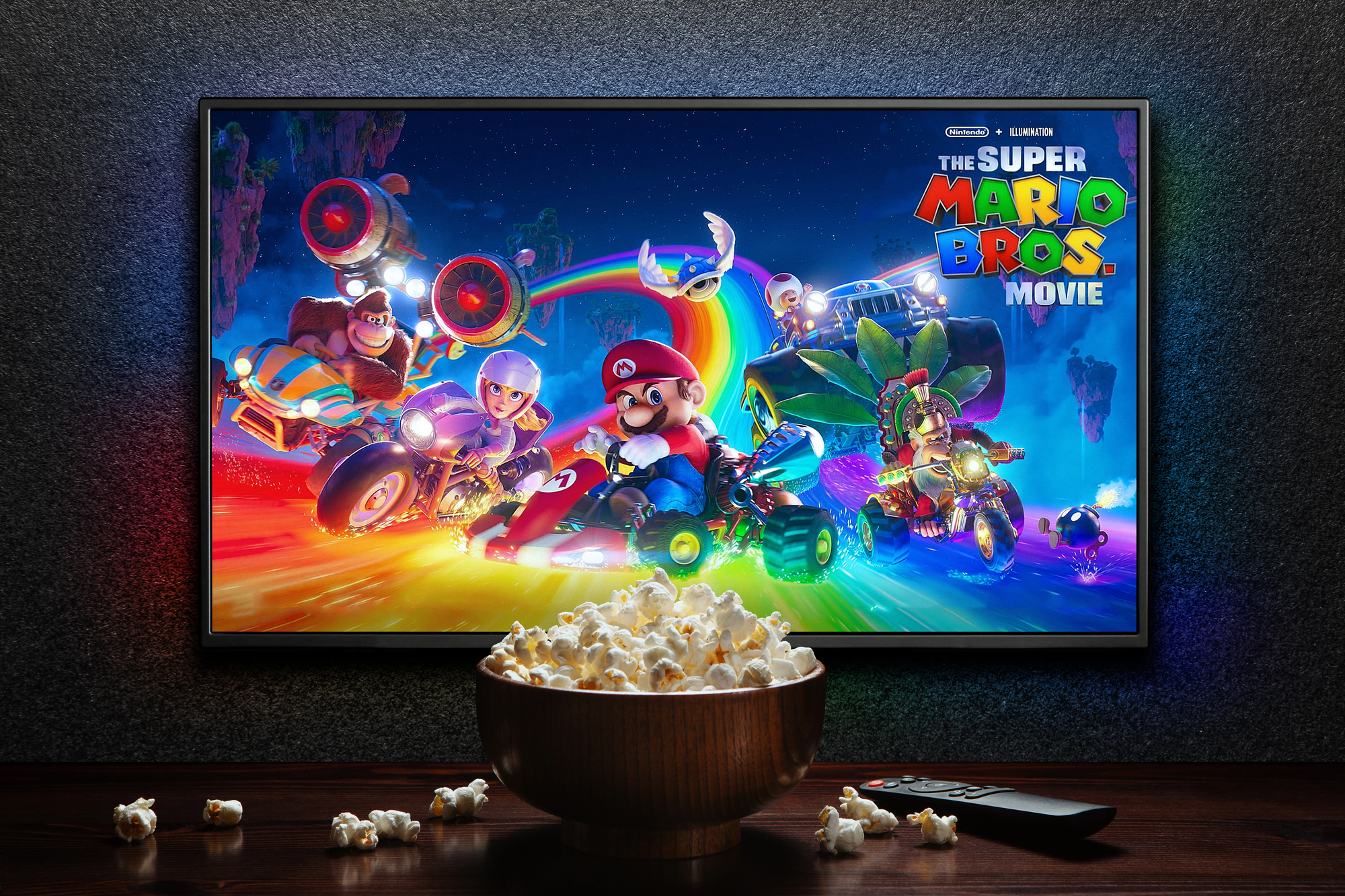How to Bet on Video Game Awards in 2025: What Developer Track Records and Fan Hype Say About the Winners

The gaming industry has evolved into a massive entertainment sector worth hundreds of billions of dollars, and with that growth has come increased legitimacy for video game awards. The Game Awards, BAFTA Games Awards, and other prestigious ceremonies now attract millions of viewers and significant betting action. For those looking to wager on gaming’s biggest night in 2025, understanding developer track records and fan sentiment can provide crucial insights into potential winners.
Understanding the Awards Landscape
Video game awards in 2025 encompass multiple categories, from Game of the Year and Best Indie Game to technical achievements like Best Audio Design and Best Performance. Each category has its own dynamics, but certain patterns emerge when analyzing historical data. The Game Awards, typically held in December, remains the most prestigious and heavily bet-upon ceremony, often called “the Oscars of gaming.”
Unlike film awards that may favor artistic merit over commercial success, gaming awards tend to balance critical acclaim, commercial performance, and cultural impact. This creates opportunities for savvy bettors who can read the intersection of these factors.
Developer Track Records: The Foundation of Smart Betting
Certain developers have established themselves as awards darlings, and their involvement in a project should immediately adjust your betting calculations. Studios like Naughty Dog, FromSoftware, Nintendo EPD, and Insomniac Games have built reputations for consistent quality that awards voters recognize.
FromSoftware, for instance, has dominated action RPG categories since “Dark Souls” gained mainstream recognition. When they release a major title, it’s almost guaranteed multiple nominations and often wins in categories like Best Action Game or Best Art Direction. Similarly, Nintendo’s first-party titles consistently perform well across multiple categories, particularly in innovation and family-friendly gaming segments.
Newer studios with pedigree also warrant attention. When veteran developers leave established studios to form new companies, their debut titles often receive extra scrutiny and awards consideration. The industry loves comeback stories and breakthrough moments from talented creators.
The Fan Hype Factor: Reading Community Sentiment
Social media has transformed how fan excitement translates into awards success. Platforms like Twitter/X, Reddit, and YouTube provide real-time sentiment analysis that can predict awards outcomes with surprising accuracy. Games that generate sustained conversation, memes, and user-generated content often translate this cultural momentum into awards recognition.
However, fan hype requires careful interpretation. Sometimes the loudest online voices represent passionate but small communities, while broader mainstream appeal goes unnoticed in gaming forums. The key is distinguishing between genuine widespread enthusiasm and echo chamber excitement.
Streaming numbers on Twitch and YouTube can provide quantitative measures of ongoing interest. Games that maintain high viewership months after release demonstrate the kind of lasting impact that awards voters appreciate. Additionally, user review scores on platforms like Steam and Metacritic, when cross-referenced with professional critic scores, can identify consensus favorites.
Commercial Performance vs. Critical Darlings
One of the most challenging aspects of betting on video game awards is predicting how voters will balance commercial blockbusters against critical darlings. While a game selling 20 million copies demonstrates clear market appeal, awards bodies sometimes prefer to recognize smaller, more innovative titles that push the medium forward.
This tension plays out differently across categories. Game of the Year typically goes to titles that achieve both commercial and critical success, while categories like Best Indie Game or Most Innovative Gameplay specifically reward smaller productions. Understanding these category-specific biases is crucial for successful betting.
Technical Achievement Categories: The Specialists’ Domain
Categories focusing on technical excellence—Best Audio Design, Best Visual Effects, Best Performance—often favor specific types of games and developers. AAA studios with massive budgets typically dominate visual categories, while innovative indie developers might surprise in audio or narrative categories.
Motion capture technology and celebrity voice acting have become significant factors in performance categories. Games featuring well-known actors or groundbreaking mo-cap work often have advantages in these technical categories, regardless of overall game quality.
Timing and Release Windows
The gaming awards calendar creates natural advantages for certain release windows. Games launching in the fall typically have fresher mindshare when voting occurs, while early-year releases may struggle unless they maintain cultural relevance throughout the year. However, exceptional games can overcome timing disadvantages through sustained excellence and community engagement.
Making Informed Betting Decisions
Successful video game awards betting requires synthesizing multiple data points: developer reputation, fan engagement metrics, critical reception, commercial performance, and category-specific historical trends. The most profitable approach often involves identifying undervalued nominees in specific categories rather than focusing solely on major awards like Game of the Year.
As the gaming industry continues maturing, awards ceremonies become increasingly important for developer prestige and future funding opportunities. This growing significance means more predictable patterns are emerging, creating opportunities for informed bettors who understand the intersection of artistic merit, commercial success, and cultural impact in gaming’s premier awards.







